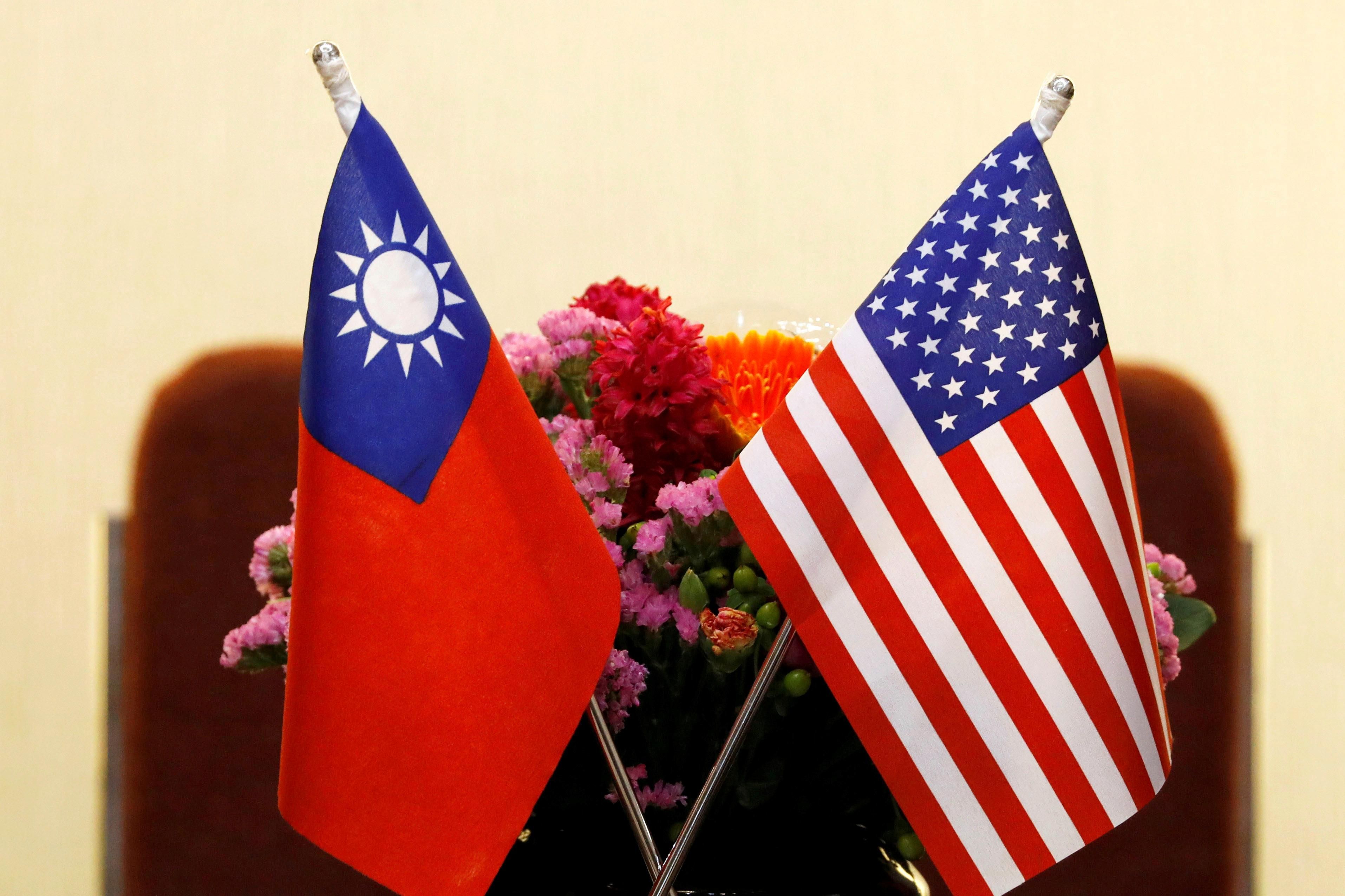What We’re Watching: Trading with Taiwan, Türkiye talk, battered Boric
Washington & Taipei launch new trade deal
The US and Taiwan just unveiled a new trade initiative to expand cooperation across a number of sectors, including agriculture, tech, and labor regulation, among others. Taipei sees the pact as a precursor to an eventual free trade deal. For Washington, this is the latest initiative to come from its strong Asia focus in recent weeks. Just days ago, President Joe Biden launched the Indo-Pacific Regional Framework, a trade deal with 13 states – including regional heavyweights India, Japan, Australia, South Korea, and some Pacific islands – in a bid to counter China’s regional clout. (Taiwan was not invited to that deal to avoid really irking Beijing.) The US wants to address technology trade with Taiwan, specifically semiconductor production. The self-governing island produces more than 90% of the world’s semiconductors, which power the device you’re reading this on and have been in short supply thanks to the pandemic’s distribution and production disruptions. Washington would love to help prop up Taiwan’s semiconductor industry to block China from getting a bigger piece of the global tech pie. Beijing, obviously not thrilled, called on Washington to “stop elevating relations with Taiwan,” which it sees as part of the mainland.
Time to talk Türkiye
Following a request by President Recep Tayyip Erdoğan’s government, the United Nations agreed this week that, within the organization, the Republic of Turkey will now be known as “Türkiye.” According to Erdogan, the Turkish spelling offers “the best representation and expression of the Turkish people’s culture, civilization, and values.” It’s easy to dismiss this as a cynical political ploy to appeal to Turkish pride and to divert public attention, at least for a moment, from the country’s year-on-year inflation rate of 70% and the weakest currency in the emerging market world. Erdogan has an approval rating stuck between the high 30s and low 40s. On the other hand, why shouldn’t Turks be allowed to decide how they’re addressed by the rest of the world? Why should they be branded with an English word that identifies the country too often with one of the world’s most awkward-looking birds? As The Four Lads once warned us, “That’s nobody’s business but the Turks.” This change is sure to intensify the conflict between beleaguered Signal staffers still learning to write “Odesa” with one “s,” but hear this: we will never accept “Czechia” as the name of the Czech Republic. Never.
